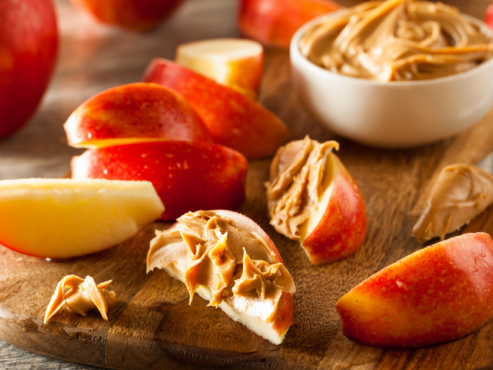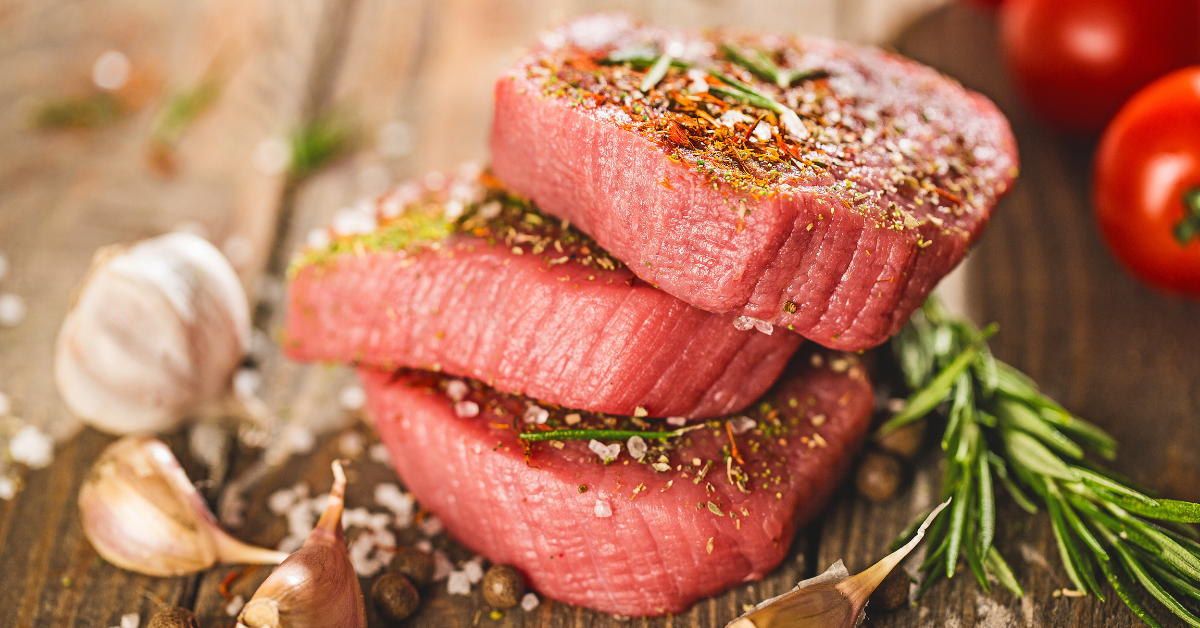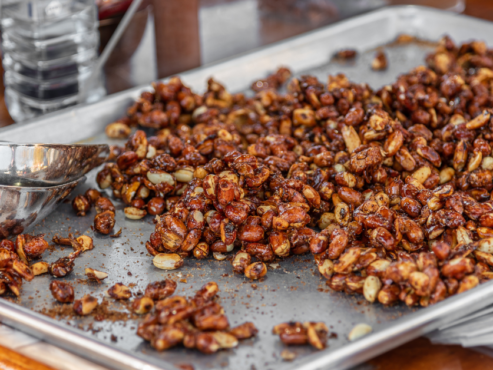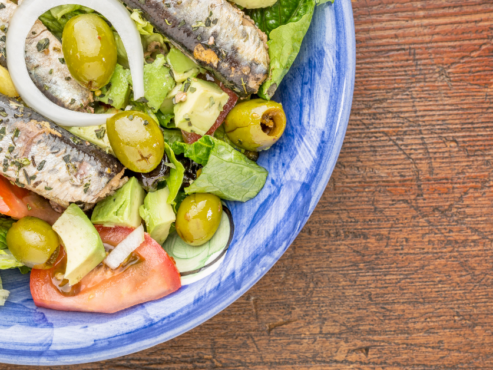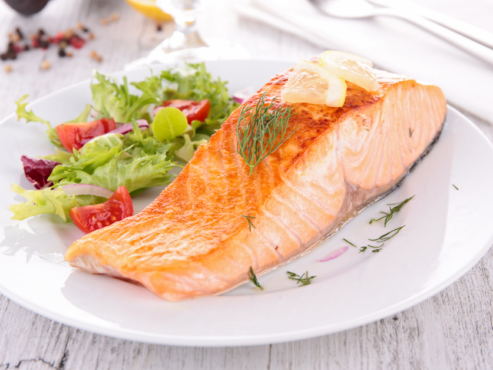
If you’re searching for definitive answers when it comes to nutrition, chances are you will find them pretty hard to come by. When we say definitive answers we mean, backed by large bodies of quality non-bias evidence.
We don’t want to go into the minutiae of what good quality evidence looks at right now, but we do want to highlight that there are 5 broad principles that I think we can all agree on when it comes to good nutrition.
Here they are:
Weight loss and weight gain comes down to one key equation – Calories in vs calories out (CICO).
We know this is absolute certainty because it’s incredibly easy to test. Everybody has heard of this, but not everybody believes it. At Holos, we understand that it’s not enough to state facts; we want to help people integrate these principles into real life.

Protein is king of the macronutrients
Prioritising protein is key for two main reasons, both have far-reaching health benefits.
Reason 1 – Building your meals and snacks around quality protein helps you feel fuller for longer, in turn making it less likely that you will overeat and therefore gain body fat. Protein takes longer to break down than fats or carbohydrates. Also – your body needs to work harder to break down protein, meaning that more energy is used to do so. Lastly – protein stimulates the release of hormones in your gut (satiety hormones), which send the message to your brain to stop eating.
Reason 2 – Protein is made up of different amino acids (AA’s). These AA’s are essential to make things like enzymes, hormones, neurotransmitters and antibodies. If we don’t consume enough protein, our body will steal it by breaking down our muscles. Consuming enough protein alongside resistance training makes it easier for you to build lean muscle, improve body composition and have a protective role, especially as we age.

The more a food is processed, nutrient density decreases
Minimally processed whole foods or foods in their natural forms like meat, chicken fish, eggs, vegetables, whole grains and legumes contain zoonutrients, phytonutrients, vitamins, minerals and fibre.
Its generally accepted that humans are healthier when they consume more whole foods. The more foods are processed, they often lose some or all of the good stuff we just spoke about and can gain additives, preservatives, fillers, sugar, sodium, unhealthy fats, and/or refined starch.

Fruits and vegetables are generally considered to lower disease risk and could help us lose weight
A huge body of evidence from the past 20 years definitively shows that consuming more fruits and veggies can help prevent many health problems, including diabetes, stroke, heart disease, high blood pressure, and cancer and neurodegenerative conditions.
This group of foods is loaded with phytonutrients (plant nutrients), antioxidants, vitamins, minerals and fibre. Experts predict that increasing the consumption of this food group could help prevent 20% or more of all cancer cases.
In addition to the above, fruits and veggies are packed with fibre and water, helping you fill up on fewer calories, which can help with weight management.

You can’t out diet or out eat poor sleep
So what’s the link between sleep and nutrition? If you’re chronically sleep-deprived, your body is less capable of regulating several key hormones and signalling molecules related to what we eat.
- Ghrelin (the hunger hormone) levels rise when we are tired in turn making us want to eat more.
- Leptin (the satiety hormone) tapers off when we are tired, in turn taking longer for us to feel full.
- Endocannabinoids are molecules that help regulate various processes, such as pain, memory, mood, immunity, and stress. When we are tired our perception of food may be altered making it seem more pleasurable.
This is all basic stuff, but we feel it’s important to remember this, especially with all the noise out there about different dietary models, superfoods, and supplements.


